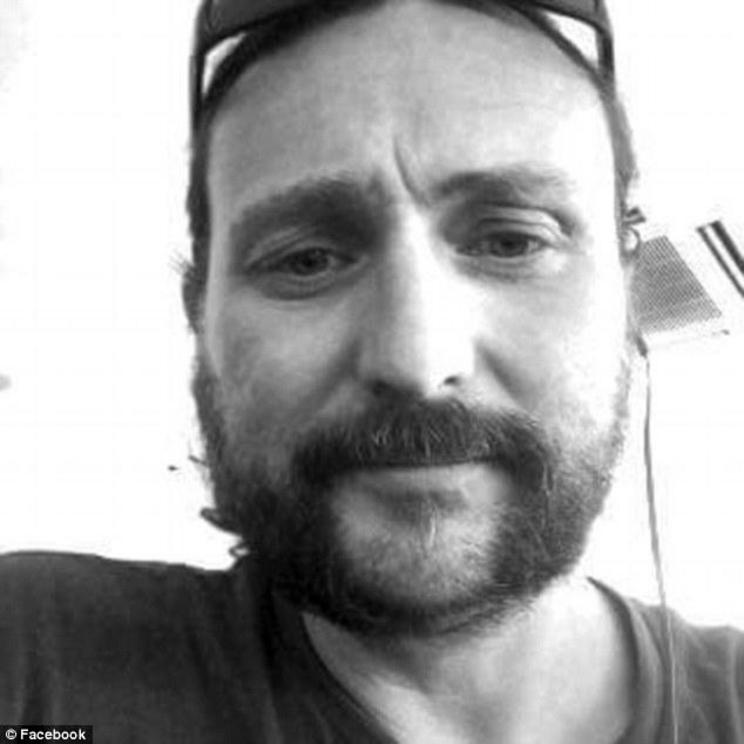'The police state has arrived'
... British man claims Australian customs agents bugged his phone after taking his mobile and laptop into a private room
- British software entrepreneur Nathan Hague had his phone inspected at airport
- He accused Border Force officials of installing an unfamiliar monitoring program
- The Australian government wants to double the time phones can be seized for
A British software entrepreneur has claimed Australian customs officials bugged his phone after taking his Android mobile phone and laptop into a private room.
Nathan Hague accused Border Force officers at Sydney airport of installing bugging software on his phone, after noticing an unfamiliar 'animated octopus' feature.
'The police state has arrived in Australia,' he declared on a Facebook video.
'My phone was rooted or software was installed on there.'
Under existing laws, customs officials have the right to copy files from electronic devices if they suspect someone could be engaging in illegal activity.
They can hold mobile phones and laptops for up to 14 days.
The Australian government is seeking to give Border Force officials the power to seize electronic items for up to 30 days.
Nathan Hague accused Border Force officers at Sydney airport of installing bugging software on his phone, after noticing an unfamiliar 'animated octopus' feature
Cyber Security Minister Angus Taylor's said his proposed Assistance and Access Bill was designed to tackle the encryption of information 'increasingly being used by paedophiles, terrorists and organised criminals to conceal their illicit activities'.
Mr Hague has accused the Australian government of putting a monitoring device on his phone, claiming he saw an unfamiliar 'animated octopus' monitoring feature with a dark, blue background.
'There's no reason at all to do what they did,' he said, adding it was a 'massive intrusion into my privacy'.
The British man, who claimed he wasn't a conspiracy theorist, urged his followers to take almost blank mobile phone and laptops with them when they travelled, before reinstalling the information once they had settled into a new country, to avoid customs officials obtaining their private data.
He did, however, praised the Border Force officers for being 'really nice' as they did their jobs.
A Department of Home Affairs spokeswoman said Border Force officers routinely copied data from travellers at airports if they suspected they were engaging in suspicious activity.
For the rest of this article please go to source link below.

